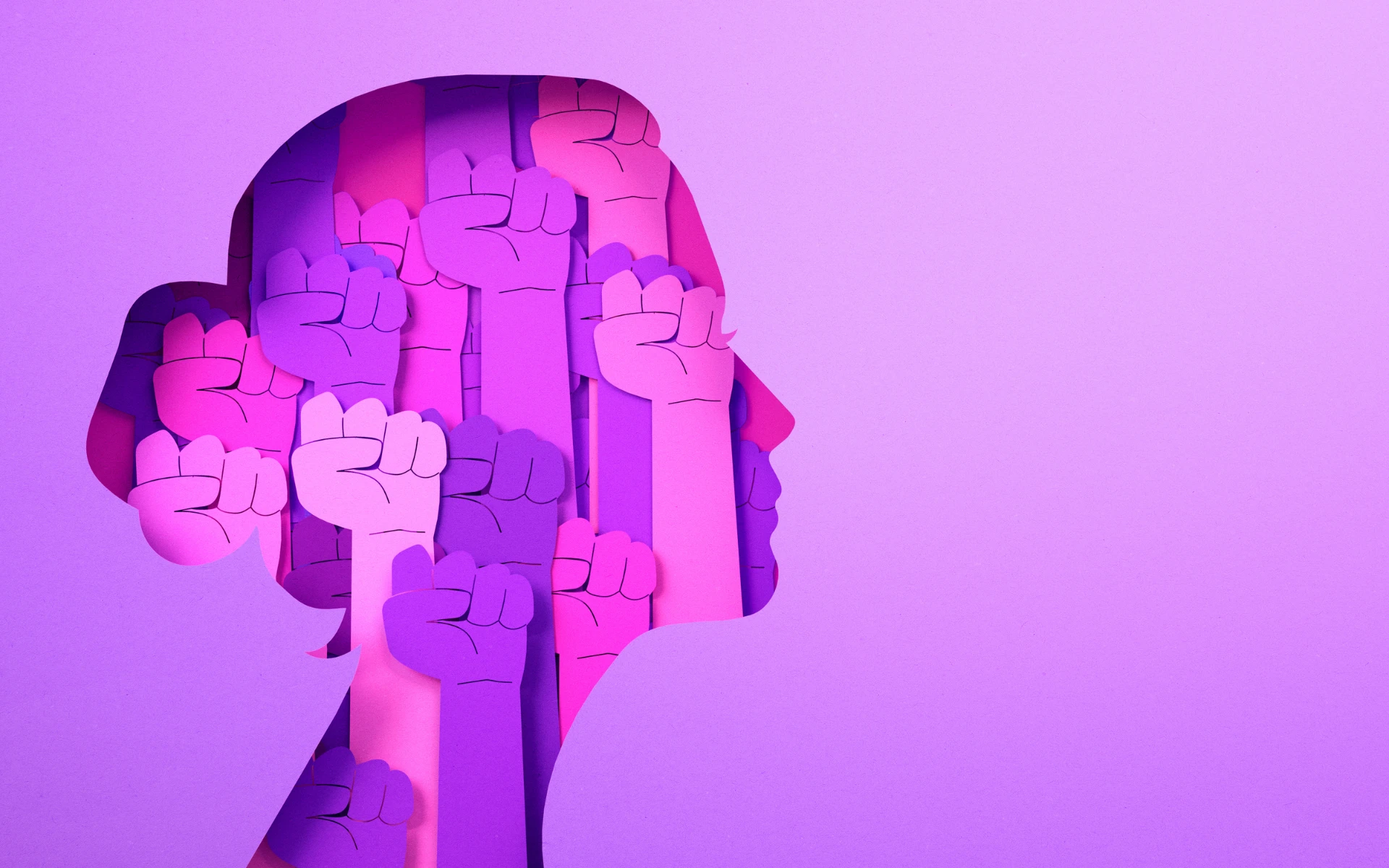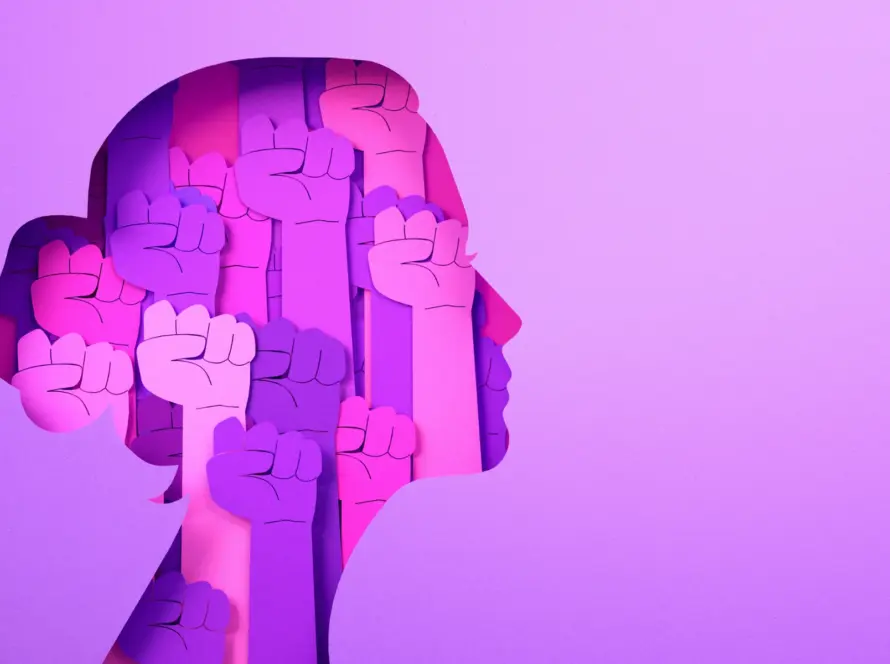In the modern world, women play a multifaceted and indispensable role across various domains of life. Their contributions span economic, social, political, and cultural arenas, making them pivotal in driving progress and development. Understanding and acknowledging the diverse roles of women is crucial for fostering an inclusive and equitable society.
Economic Contributions
Workforce Participation: Women are increasingly becoming a significant part of the global workforce. Their participation not only boosts economic productivity but also brings diverse perspectives that enhance innovation and problem-solving.
Entrepreneurship: Women entrepreneurs are making substantial contributions to the economy by starting and running businesses. They create jobs, foster innovation, and drive economic growth. Initiatives that support female entrepreneurship, such as funding programs and mentorship networks, are essential in this regard.
Financial Independence: Economic empowerment of women leads to greater financial independence, enabling them to make informed decisions about their lives and contribute to the economic stability of their families and communities.
Social Contributions
Education and Advocacy: Women are at the forefront of advocating for education and social reforms. Educated women tend to prioritize the education of their children, creating a ripple effect that benefits future generations.
Community Leadership: In many communities, women take on leadership roles, organizing and leading efforts to address local issues. Their involvement in community development initiatives helps build stronger, more resilient communities.
Healthcare and Well-being: Women play a critical role in healthcare, both as providers and advocates. They are often primary caregivers in families, contributing to the overall health and well-being of their communities.
Political Contributions
Representation in Government: The presence of women in political offices leads to more inclusive and representative governance. Women bring different perspectives to policymaking, which can result in more comprehensive and equitable policies.
Advocacy for Women’s Rights: Women politicians and activists have been instrumental in advocating for laws and policies that protect women’s rights and promote gender equality. Their efforts have led to significant legislative changes in many countries.
Peacebuilding and Conflict Resolution: Women are crucial in peacebuilding processes. Their participation in negotiations and conflict resolution efforts often leads to more sustainable and long-lasting peace agreements.
Cultural Contributions
Arts and Media: Women contribute significantly to arts and media, shaping cultural narratives and promoting diversity. Their voices in literature, film, music, and art enrich cultural landscapes and challenge traditional stereotypes.
Preserving Traditions: Women often play a key role in preserving and transmitting cultural traditions and practices. Their involvement ensures that cultural heritage is maintained and passed down to future generations.
Changing Social Norms: Empowered women challenge and change social norms and stereotypes, promoting more progressive and inclusive attitudes within societies.
Challenges and Barriers
Gender-Based Violence: Despite significant progress, gender-based violence remains a critical issue. Efforts to empower women must include measures to protect them from violence and ensure their safety and well-being.
Economic Inequality: Women often face economic disparities, including wage gaps and limited access to resources and opportunities. Addressing these inequalities is essential for achieving true economic empowerment.
Cultural and Social Barriers: In many societies, cultural and social norms still restrict women’s roles and opportunities. Breaking down these barriers requires concerted efforts to change attitudes and promote gender equality.
Conclusion
Women play an integral role in the modern world, contributing to economic growth, social development, political stability, and cultural richness. Empowering women and ensuring their full participation in all aspects of life is not only a matter of justice but also a strategic imperative for building a more equitable and prosperous world. Recognizing and supporting the diverse roles of women is essential for creating inclusive societies where everyone can thrive.


more info.


